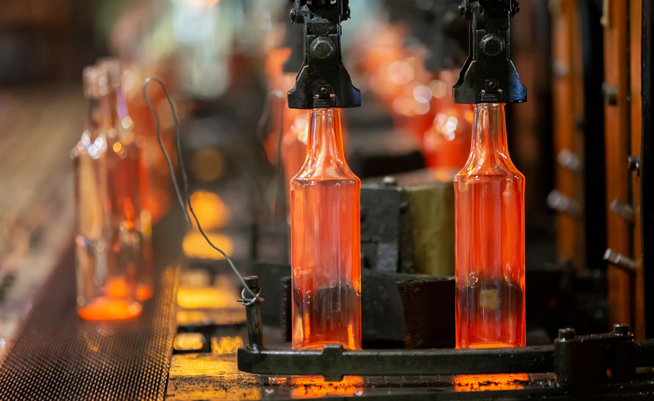HM Treasury (HMT) are currently consulting on a UK Carbon Border Adjustment Mechanism (CBAM), and Paul Pearcy, Federation Manager at British Glass, attended a round-table with the Centre of Policy Studies (CoPS) and Valero Energy Ltd (UK). Other Energy Intensive Industries (EIIs) and MPs were in attendance to hear what the industry thoughts are on the initial UK CBAM design.
The position of British Glass is that the UK CBAM is the largest trade policy change since the UK left the EU. Unfortunately, this proposal is not aligned with the scope and time-frame of the respective EU CBAM, with glass due to be implemented in 2030 in the EU and 2027 in a UK CBAM. This risks trade barriers and distortion with our biggest trade partner. It also contains significant circumvention and substitution risks, alongside the proposed use of global default values which may undermine its efficacy.
The glass sector supports the introduction of the CBAM as a sensible ‘next step’ to mitigate carbon leakage; however, this CBAM must be aligned with the EU CBAM in scope, timing, and robustness to avoid unintended consequences. Ultimately, a badly designed CBAM will harm the glass sector and put jobs in industrial heartlands at risk.





